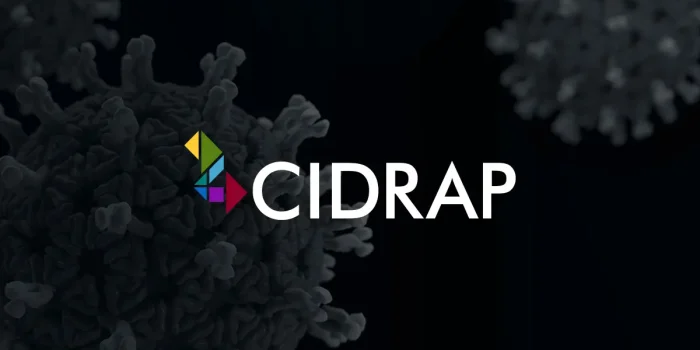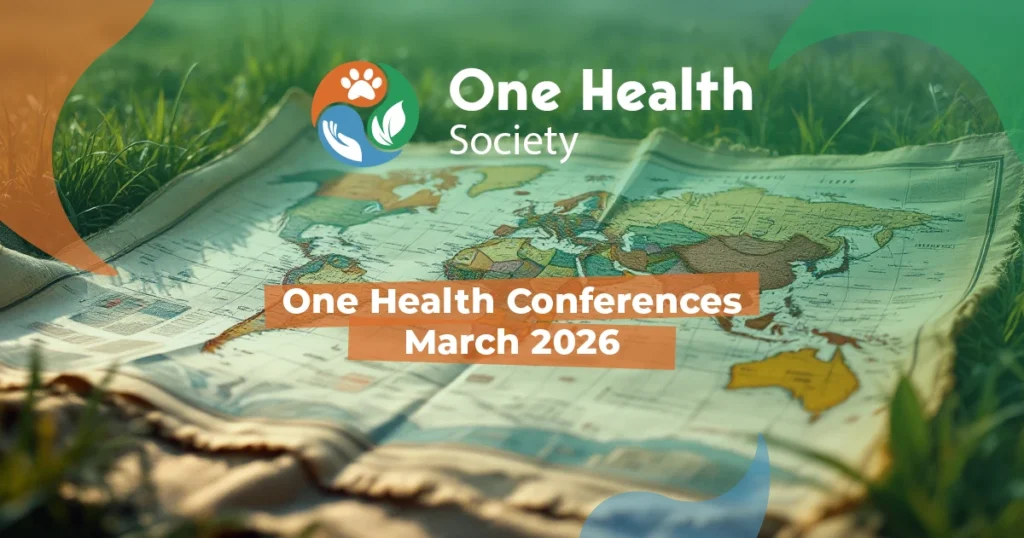The American Society of Microbiology (AMS) today released consensus recommendations on gain-of-function research into infectious agents with pandemic potential. The recommendations include internationally accepted definitions of terminology, greater transparency with the public, and stronger biorisk-management systems and oversight.
The recommendations were based on a workshop of top scientists who reviewed the benefits and risks of gain-of-function research of concern (GOFROC) in May 2023.
Biosafety, biosecurity risks
GOFROC involves modifying a pathogen’s genetic sequence to create models of human infection to see how it enters cells and behaves in the body. The result may be a more transmissible or viral pathogen. The goal is to predict how the pathogen could evolve over time and inform the development of diagnostic tests, surveillance methods, vaccines, and treatments should it emerge in the environment.
Research on enhanced potential pandemic pathogens (ePPPs), which makes up a small fraction of work with infectious pathogens, has raised concerns about the biosafety and biosecurity risks it poses to public health, as well as its necessity and relatively high expense.
For example, in the early 2000s, researchers completed GOFROC on the influenza A/H5N1 virus, discovering that key genetic mutations made the resulting strain more transmissible in ferrets. But the US National Science Advisory Board for Biosecurity raised concerns that publication of these data could lead to bioterrorism or accidental release of the virus, and after publication, scientists decided to put a 1-year pause on this type of research.
“Science can provide key insights and critical countermeasures in the effort to protect ourselves against and respond to pandemics,” workshop participant David Relman, MD, of Stanford University, said in an AMS news release. “At the same time, we need to ensure that science itself does not give rise to the next pandemic.”
Workshop participants included those from the World Health Organization (WHO) and from institutions in the United States, Canada, England, and the Netherlands.
3 high-level recommendations
The reported noted that, in the United States, the Department of Health and Human Services and the US Department of Agriculture oversee federal regulations on human, other animal, and plant research.













